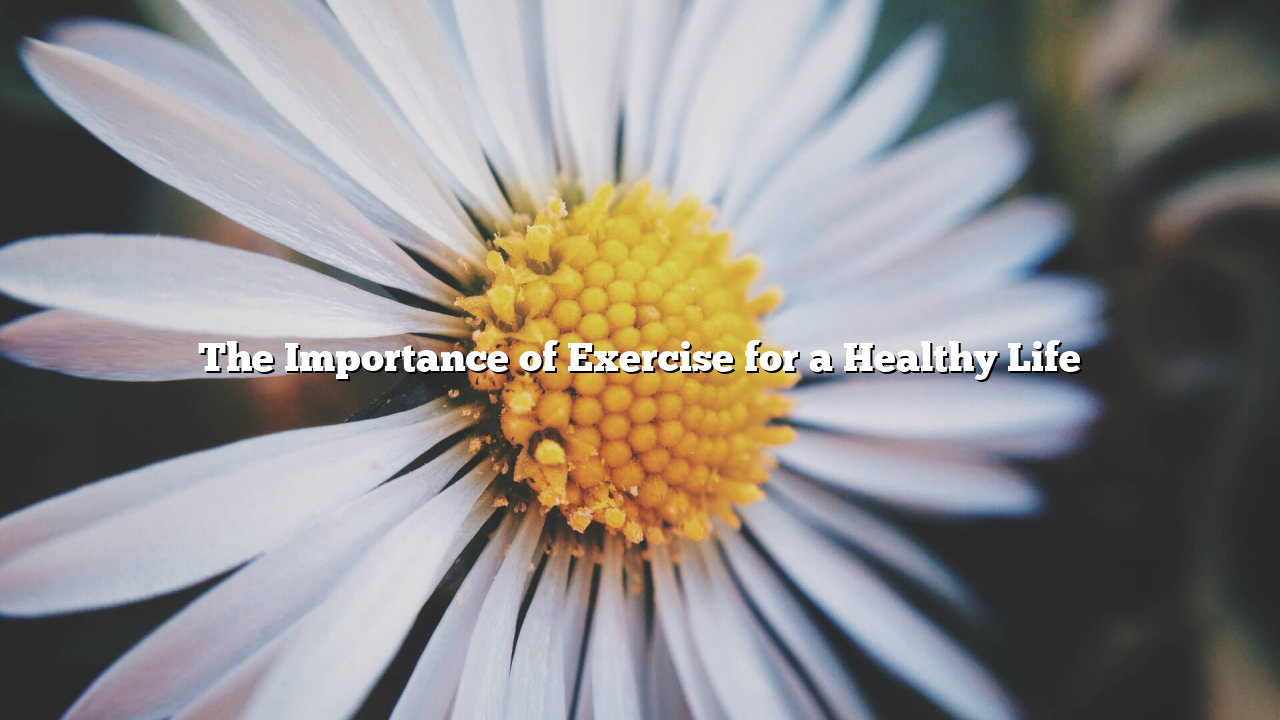Exercise is often described as the foundation of a healthy lifestyle, and for good reason. In today’s fast-paced world, where many people spend hours sitting at desks, commuting, or using digital devices, the role of physical activity has become more crucial than ever. Regular exercise not only strengthens the body but also enhances mental health, increases energy, and improves overall well-being. Understanding diponegoro4d its importance can inspire individuals to integrate exercise into their daily routines and make it a lifelong habit.
One of the most obvious benefits of exercise is its impact on physical health. Engaging in regular physical activity helps maintain a healthy weight, strengthens muscles and bones, and reduces the risk of chronic illnesses. Conditions such as obesity, type 2 diabetes, high blood pressure, and cardiovascular diseases can often be prevented or managed effectively through consistent exercise. Even simple activities like brisk walking or cycling can have significant long-term health benefits by improving heart health and boosting metabolism.
Beyond physical health, exercise plays a vital role in enhancing mental well-being. Numerous studies have shown that physical activity stimulates the release of endorphins, often referred to as the “feel-good” hormones. These chemicals help reduce stress, anxiety, and symptoms of depression. Additionally, regular workouts can improve sleep patterns, increase self-confidence, and provide a sense of accomplishment. In a world where mental health challenges are becoming increasingly common, exercise serves as a natural and powerful tool for emotional balance.
Another key advantage of exercise is the improvement of energy levels and productivity. While it might seem counterintuitive, expending energy through physical activity actually helps the body generate more stamina over time. Individuals who exercise regularly often report higher levels of energy throughout the day and improved concentration at work or school. This is because physical activity enhances blood circulation, delivers oxygen to the brain and muscles, and helps maintain sharper focus and cognitive function.
Exercise also has important social benefits. Many people choose to participate in group workouts, sports teams, or fitness classes, which foster a sense of community and belonging. These social interactions can provide motivation, support, and encouragement, making it easier to stay committed to an exercise routine. Furthermore, engaging in physical activities with friends or family can strengthen relationships and create enjoyable shared experiences.
It is worth noting that exercise does not always require an expensive gym membership or advanced equipment. Daily habits such as walking, taking the stairs, doing household chores, or practicing yoga at home can all contribute to an active lifestyle. The key is consistency. Experts recommend at least 150 minutes of moderate aerobic activity or 75 minutes of vigorous activity per week, combined with muscle-strengthening exercises on two or more days. By gradually building these habits, individuals can sustain a healthy and balanced life.
In conclusion, exercise is far more than just a way to improve physical appearance; it is a cornerstone of overall health and happiness. From preventing disease and boosting energy to enhancing mental well-being and social connections, its benefits are undeniable. In a modern world filled with stress and sedentary habits, making time for regular physical activity is one of the most valuable investments anyone can make for a healthier and more fulfilling future.
